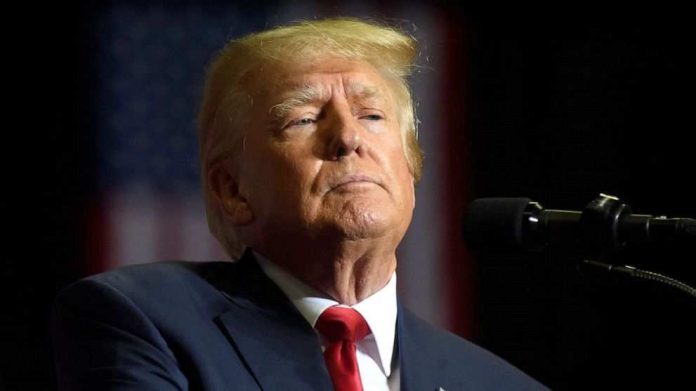
(DCWatchdog.com) – Legal battles seem to be never-ending for the former president and now, the Supreme Court could significantly influence the 2024 presidential election as it addresses various charges against Donald Trump.
Among these legal charges, Special Counsel Jack Smith has urged the Court to review Trump’s claim of presidential immunity related to his involvement in the 2020 election.
Additionally, the Court has agreed to hear a case that could affect the application of an obstruction law, pivotal in charging numerous January 6 defendants and central to Smith’s indictment against Trump.
Trump’s legal team has suggested that Smith’s eagerness to expedite the trial is an attempt to thwart Trump’s potential 2024 presidential bid, which they claim he is currently leading. While the Supreme Court has not decided whether to address the immunity issue, it has requested a response from Trump’s attorneys by December 20.
The case’s progress is currently on hold, as District Judge Tanya Chutkan paused the trial pending appeal. Judge Chutkan previously dismissed Trump’s plea for dismissal based on presidential immunity, stating that the presidency does not grant lifelong immunity from prosecution.
This Washington, D.C. case is just one of several legal challenges facing Trump. He also confronts federal charges in Florida for allegedly mishandling classified documents and state charges in Georgia and New York.
Josh Blackman, a professor at South Texas College of Law Houston, expressed to the Daily Caller News Foundation that these legal issues have not yet significantly hindered Trump’s political ambitions. Blackman noted that while these cases might distract Trump from campaigning, they also provide him with a platform to criticize what he views as unjust persecution.
Blackman further observed that if Trump were to win the presidency, the state court cases would likely be put on hold, and the federal cases might draw to a close.
Another potential Supreme Court involvement pertains to Trump’s eligibility for the ballot under the Fourteenth Amendment’s Section 3, which prohibits officials who engaged in insurrection after swearing an oath to the Constitution from holding office. The Court declined an appeal from Republican presidential candidate John Anthony Castro, who challenged Trump’s eligibility in Florida. However, Trump has prevailed in several of these lawsuits due to standing issues.
The Colorado Supreme Court is currently reviewing a case by Citizens for Responsibility and Ethics in Washington (CREW) challenging Trump’s eligibility. A Colorado state judge previously ruled that while Trump did engage in an insurrection on January 6, he did not qualify as an “officer of the United States” under the relevant amendment clause.
Derek Muller, a Notre Dame Law School professor and election law expert, told the DCNF that the Supreme Court might step in to provide clarity and uniformity if Trump is removed from the ballot in at least one state.















